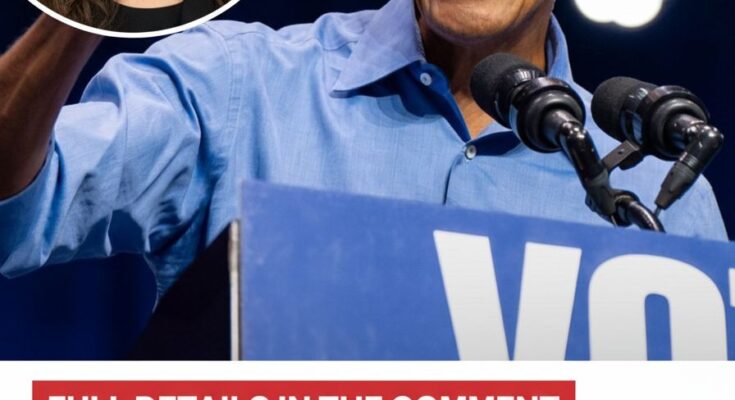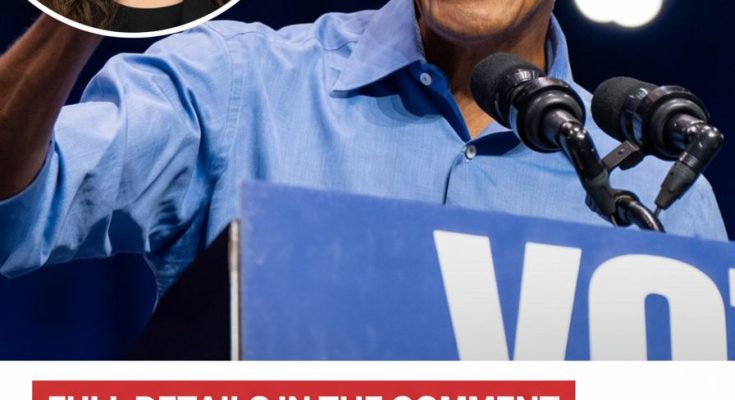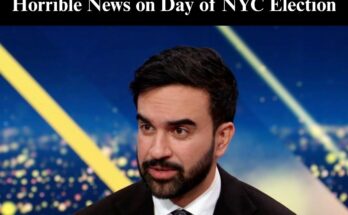Barack Obama called Zohran Mamdani and called his campaign “impressive,” yet stopped short of endorsing him in the NYC mayor race
In a moment that may reshape the contours of the next great New York political battle, former President Barack Obama reached out to mayoral frontrunner Zohran Mamdani in a phone call that exuded praise, promise and restraint. The call, lasting approximately 30 minutes, came at a pivotal hour in the 2025 race for mayor of New York City — and it underscored a complicated relationship neither fully alliance nor cold distance. According to multiple sources, Obama told Mamdani that his campaign was “impressive to watch,” and offered to serve as a “sounding board” if the assemblyman and Democratic nominee were elected. Yet crucially, he did not offer the public endorsement many expected from a Democratic elder struggling to position his legacy in an era of deep party division.
Mamdani, 34, a self-described democratic socialist who surged to the Democratic nomination earlier this year by defeating former Governor Andrew Cuomo, viewed the conversation as significant. His team described the exchange as a signal of credibility, especially among the business and establishment circles that have so far kept a cautious distance. Still, Obama’s reluctance to call Mamdani out publicly, or to campaign for him, raised questions about how the Democratic establishment views the candidate’s platform and leadership readiness. Mamdani’s campaign has promised sweeping changes: city-run grocery stores, free public bus service, tax increases on wealthy New Yorkers, and bold approaches to housing affordability. Meanwhile, many moderate Democrats have balked, citing his inexperience and the radical label he carries.
For his part, Obama’s decision not to endorse is consistent with his repeated refrain that he steers clear of municipal contests. But critics of that posture point out that he has, in fact, endorsed mayoral candidates in the past—such as Bill de Blasio in 2013 and others in Los Angeles and Chicago—casting doubt on whether his so-called non-endorsement policy holds water. That contradiction has opened a gap between what the former president says and what observers believe. On the call, Obama discussed governance with Mamdani: the challenges of staffing a new administration, of achieving the lofty promises he has made to voters, and of proving he is ready to lead the most complex city in America. The offer to meet in person and maintain contact after the election was not lost on political watchers: it signaled a conditional relationship, contingent upon performance and results, not purely ideology.
Mamdani, for his part, accepted the call with public grace. He has worked for months to rewrite his image from insurgent outsider to serious executive. His early voter outreach and social-media savvy made waves in June’s Democratic primary, when he surprised many by topping Cuomo. Now, with the general election looming on November 4, 2025, Mamdani faces not just his opponents but the question of whether he can carry New York City’s governing burdens while holding onto what made him appealing: youthful optimism, progressive boldness and grassroots energy. In a campaign video posted shortly after the call, his voice was calm but charged: “This isn’t about one person. It’s about the future we build together.” His team framed the call with Obama as a “bridge to the mainstream” without surrendering his identity.
But the reluctance of Obama to publicly endorse has also sparked concern and speculation. Some in Mamdani’s camp view it as the establishment hedging its bets, worried about whether the young candidate can bridge city’s diverse and deeply divided electorate. Others interpret Obama’s move as wise restraint—letting the voters make the decision while offering mentorship behind the scenes. The truth, as is often the case, lies somewhere in the middle. Political veteran Patrick Gaspard, who worked with Obama in 2008, told reporters that the call was “a very important signaler” but not a full endorsement. “President Obama doesn’t usually get involved in local races,” Gaspard explained, “but the call itself is meaningful.”
The reaction among Democrats has been mixed. Some progressives cheered the engagement, viewing Obama’s involvement—even quietly—as a console of support for their vision. Key figures like Rep. Alexandria Ocasio-Cortez and Sen. Bernie Sanders have backed Mamdani outright, and likened the call to a generational hand-off of energy and ambition. On the other side, moderate and business-minded Democrats remain cautious. House Minority Leader Hakeem Jeffries, after weeks of internal deliberation, finally endorsed Mamdani only days ago, signaling that the leadership is gradually coming on board, but not in lockstep. Senate Majority Leader Chuck Schumer remains on the sidelines. For businesses and financial interests in the city, the lack of a full Obama stamp may increase anxiety about volatility and governance risk. Some investors and real-estate leaders reportedly told campaign advisers privately they were “relieved that he didn’t endorse yet,” viewing it as a moment to hold the candidate’s feet to the fire.
For Mamdani, the game now becomes proving that the holographic approval promised by the call can translate into real power. Will he unify a city fractured by inequality, affordable-housing collapse, crime concerns and deep political distrust? Will he govern with seriousness or stay locked in radical rhetoric? Will the symbolic boost from Obama convert into votes across Manhattan, Queens, Brooklyn and beyond? His base remains energized, especially among younger voters and renters deeply concerned about cost of living. But the centrists and non-traditional Democratic constituencies—small business owners, older voters, commuters—need reassurance. That is precisely what the former president’s phone call achieved: a pause, a breath, a question mark over the campaign’s trajectory.
As the clock ticks toward Election Day, the absence of a full endorsement looms as a double-edged sword. For Mamdani, the conversation with Obama offers credibility, a chance to rewrite a narrative of radical naïveté. Yet it also underscores that he has not yet secured full trust from one of his party’s most consequential figures. For Obama, watching from the sidelines of a contest he once dominated, the move reflects his current posture: influential, still relevant, but cautious about legacy and alignment. What matters now is not just the words exchanged in that phone call, but what happens in the days and weeks ahead—how quickly a campaign can turn private encouragement into public action, how voters interpret silence, and whether ambition aligns with execution. In the city that never sleeps, where headlines shift by the minute, the story of this call may be less about who said what, and more about what comes next.


